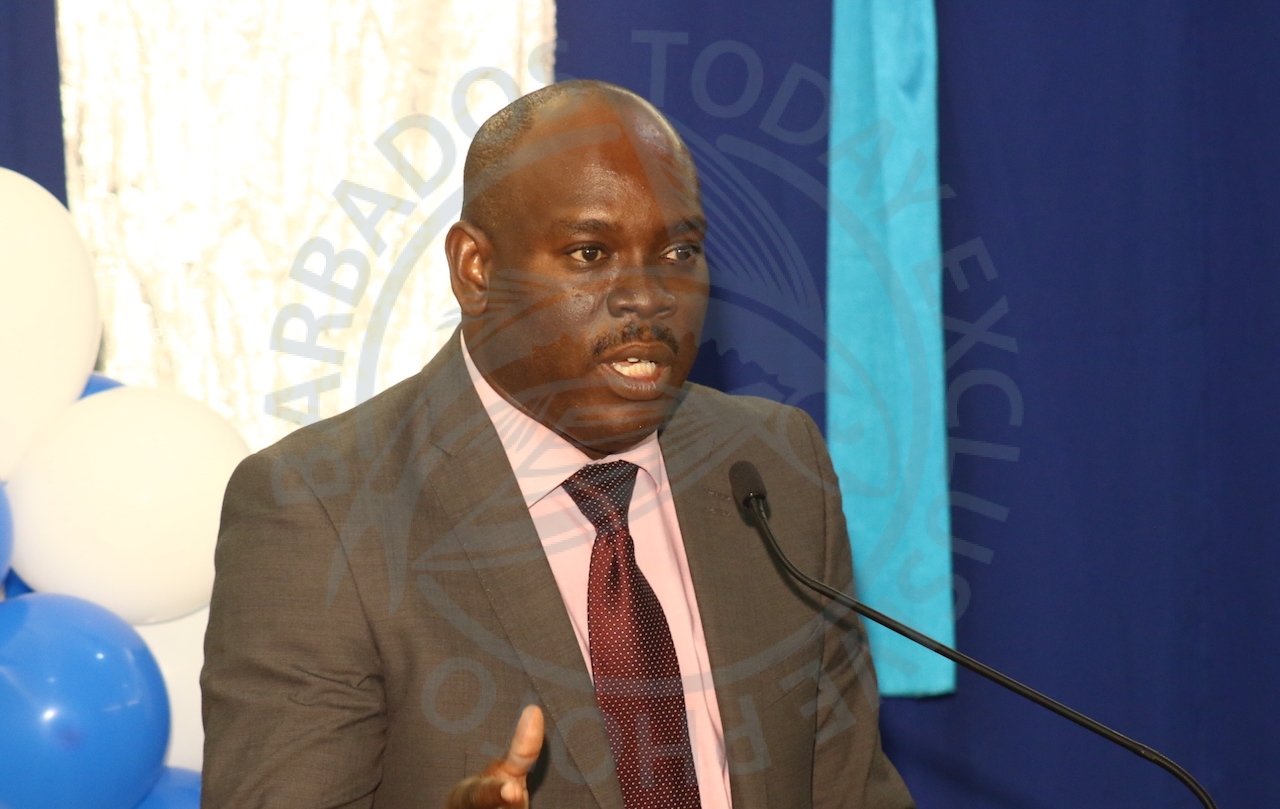It was only a matter of time before Barbados recorded its first cases of COVID-19, the illness which has disrupted the lives of people all across the world since the first cases were diagnosed in Wuhan, China in December.
Some of the hardest-hit countries, where cases number in the thousands and the number of deaths are increasing, have taken drastic measures such as closing borders, banning air travel, closing down schools and shutting shops.
Naturally, the announcement of cases in the Caribbean has raised the question of whether we should do the same.
Earlier this week, Minister in the Ministry of Finance and Economic Affairs, Ryan Straughn, discussed this matter during the Estimates debate as he noted that CARICOM’s finance ministers had met to speak about the potential economic fallout from a prolonged COVID-19 outbreak.
Straughn outlined what the region’s tourism industry stood to lose: “Forty per cent of the Caribbean’s Gross Domestic Product is linked to tourism, so with the announcement of travel bans and new protocols governing air travel in Europe and the Americas where most of our visitors originate, the World Travel and Tourism Council has suggested as much as a 25 per cent decline in travel for 2020, and it may take, in a best-case scenario, at least three months for flight schedules to return to normal.”
Straughn continued: “We as small open economies are much more exposed because while there will be an immediate impact in terms of our visitor arrivals, ultimately the global logistics and supply chain will have a much broader impact on all of our economies since that is how we source most of our food and other goods, so we as a Government, working with our colleagues across the region, have to see how best we can respond in the shortest possible time and boost areas of local production in agriculture and manufacturing.”
There is a certain level of irony when we speak of agriculture, given that over the past year much of the discussion on the sector throughout the region focused on getting ourselves ready to capitalise on the potential of a booming medical marijuana industry. Now we have to concentrate on not only growing more food in terms of crops and livestock but also agro-processing a wide range of products using the commodities we often have to import at exorbitant prices.
It has been said we have enough stocks on hand to support us over the next three months, but what happens beyond that, especially given that in June we head into the hurricane season, which according to experts on climate change is likely to be more severe?
We must take the whole issue of food security, or as Chief Agricultural Officer Lennox Chandler says, food sovereignty, more seriously, because if we analyse it carefully, the majority of the bigger countries that have closed their borders can indeed feed themselves, and the rest of the world, for a prolonged period of time.
On other matters, the Government has announced a ban on gatherings of more than 100 people, which has resulted in the cancellation or postponement of several events, including the Barbados Secondary Schools Athletics Championships, Barbados Reggae Festival, Gospelfest and the Oistins Fish Festival.
UWI has decided to hold its classes online, and while the second term of the academic year ended today for primary and secondary school students what happens after the vacation period?
The third term is a particularly important one with the Common Entrance Exam in May, as well as CXC and CAPE exams for secondary school students, the timetables for which would have been set long before anyone knew of COVID-19. Unlike some of the other countries which have closed their primary and secondary schools, children at that level cannot obtain online lessons from their individual schools. Had the Education Sector Enhancement Programme, commonly referred to as Edutech, worked as planned in the mid-1990s, we would have reached that level by now, but that is another matter.
Naturally, there are certain services that cannot really shut down. Apart from our healthcare providers, there are also the utility companies and essential services that have to stay busy keeping us all connected as well as keeping the country clean and safe, so our hearts go out to those who work in those sectors, and we urge them to take the necessary precautions to stay safe for their families’ sake.
We agree with Minister Straughn conclusion: “The truth is we have to prepare ourselves and dig deep, especially if this pandemic continues beyond the next six months. Yes, it will be a challenge, but we must ensure we can ride it out and make certain internal adjustments to facilitate that.”




